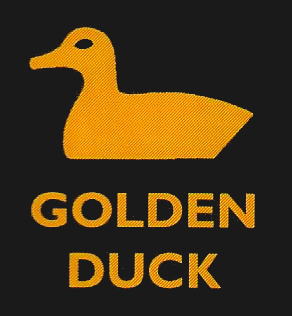It’s a queer life, on the whole a good life, and if by practical standards it leads nowhere in particular, at least we can always make a fresh start, or we think we can.
This last is probably the snag in it. There is a saying among the Fair People: ‘Once a grafter, always a grafter,’ and of course sayings have a disconcerting habit of proving true.
In the winter most market folk decide to get out of the business for ever, and a home, security and respectability become more than vague terms of contempt.
But as soon as the weather improves you will find us on the road again, a little threadbare, a little thinner, but full of the extraordinary optimism which makes us what we are, the arch punters of the world.
This is the opening to Cheapjack - Phil Allingham’s account of his early years spent travelling the fairgrounds and market places of England from 1928. Cheapjack was written during 1933 and edited by Phil’s sister Margery prior to its publication in both England and America in 1934. It’s a unique and extraordinary book and was an instant success in both countries. The literary critics of the News Chronicle, for instance, chose it as one of their top five non-fiction titles for 1934 -- alongside J.B. Priestley’s English Journey, Daphne du Maurier’s portrait of her father Gerald du Maurier, volume 4 of David Lloyd George’s War Memoirs, Oliver Cromwell by John Buchan and One’s Company by Peter Fleming. Distinguished company for a unique and charming book. The directors of Golden Duck are excited by the prospect of bringing it back into print.
The adventures in Cheapjack, the extraordinary vocabulary and the quirky consciousness, both knowing and naive, that gives the book its charm are Phil Allingham’s: some of the stylistic polish (such as the passage in italics above) owe their confident expression to Margery. In 1933 she wrote “emphasise importance of not saying book has been tampered with by me” but secretly she was proud of the work she had put into her brother’s book and wished that it could be recognised. In 1951, when Penguin were preparing to select 10 of her titles to print 100,000 copies each, making the Allingham Million, she wondered whether they might be interested in Cheapjack. Margery Allingham was close to her brother: she dedicated Look to the Lady to him under his gypsy name ‘Orlando’ and used the idea of his parallel world to great effect in her publishing novel Flowers for the Judge (1935). A note on the text of this new edition will indicate where her editorial input can be found.




